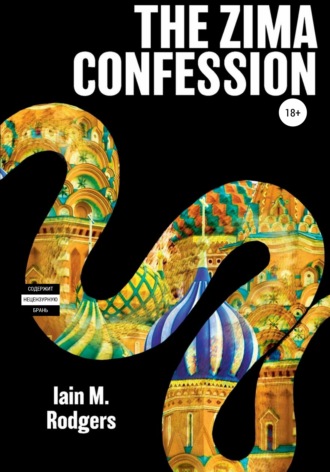The Zima Confession

Полная версия
The Zima Confession
Жанр: публицистическая литературасоциальная фантастиказарубежная публицистикапублицистикареволюциямарксизмфинансовые системыкибербезопасность
Язык: Русский
Год издания: 2021
Добавлена:
Настройки чтения
Размер шрифта
Высота строк
Поля
Конец ознакомительного фрагмента
Купить и скачать всю книгу
